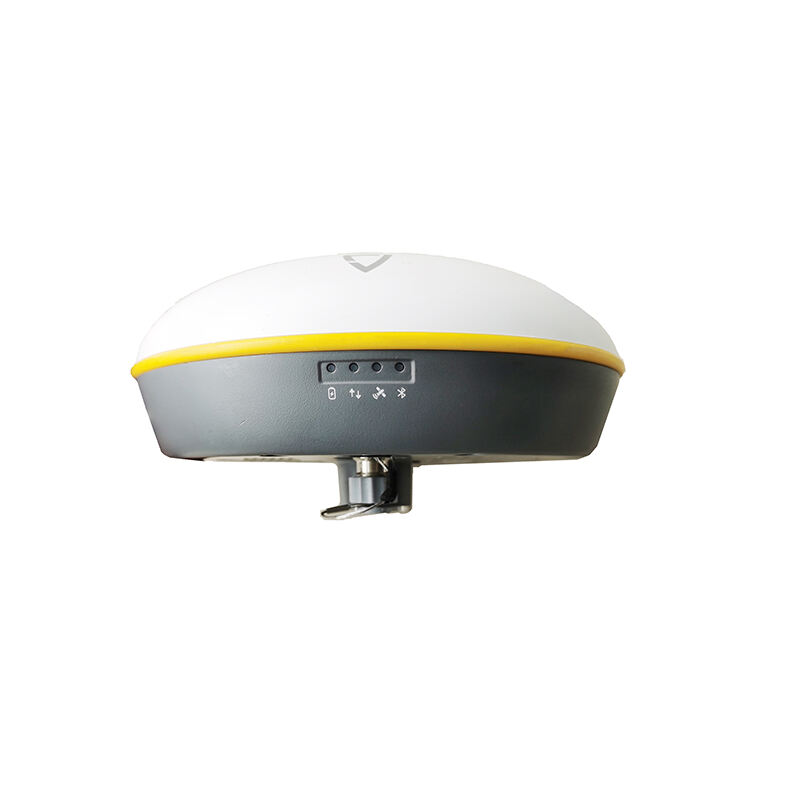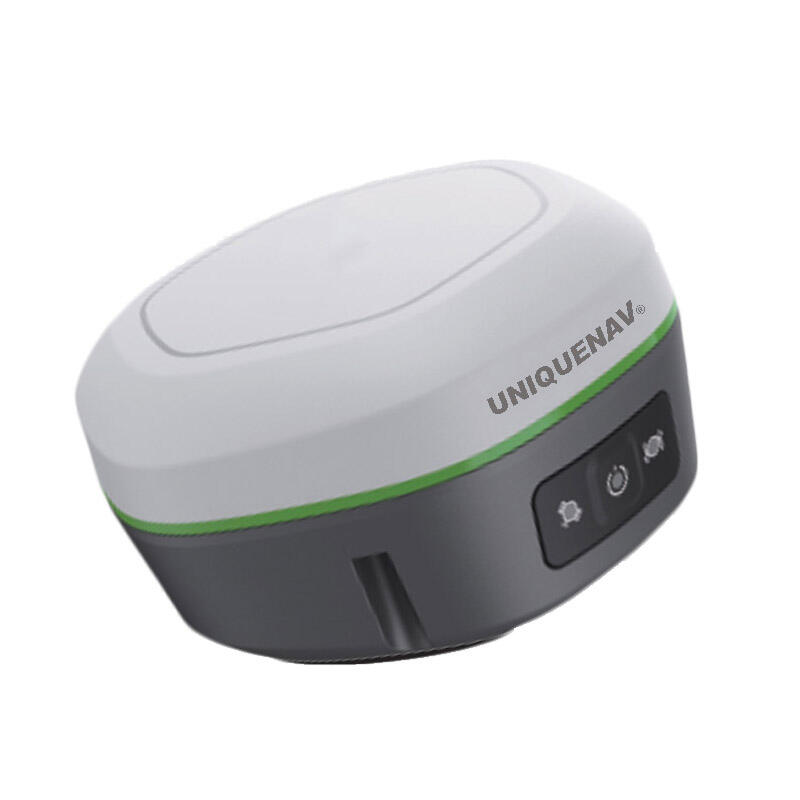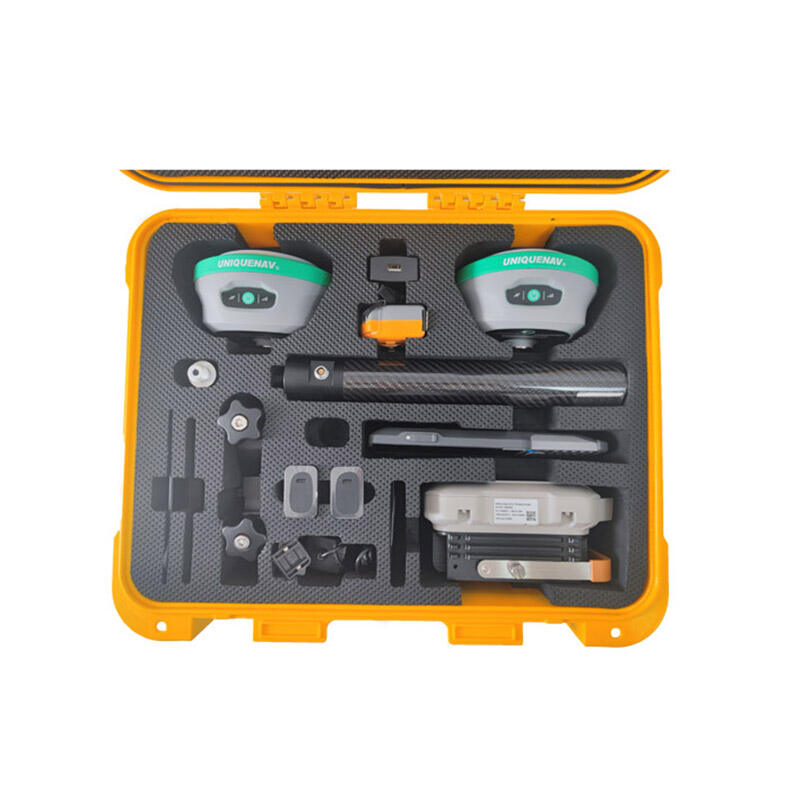rtk gnss survey
RTK GNSS (Real-Time Kinematic Global Navigation Satellite System) survey represents a cutting-edge advancement in precision positioning technology. This sophisticated system utilizes satellite signals and base station corrections to deliver centimeter-level accuracy in real-time positioning applications. At its core, RTK GNSS operates by comparing satellite signals received at a fixed base station with those received by mobile rovers in the field. The base station, positioned at a known location, transmits correction data to the rovers, enabling them to achieve highly accurate position fixes. This technology integrates multiple satellite constellations including GPS, GLONASS, Galileo, and BeiDou, maximizing satellite visibility and enhancing reliability. The system processes carrier phase measurements of the satellite signals, along with precise correction data, to achieve accuracy levels previously unattainable with traditional GPS systems. Modern RTK GNSS systems feature advanced interference mitigation, multipath reduction capabilities, and rapid initialization times, making them invaluable tools across various industries including construction, agriculture, surveying, and mapping. The technology supports both static and kinematic surveying methods, offering flexibility in application while maintaining consistent accuracy levels.


